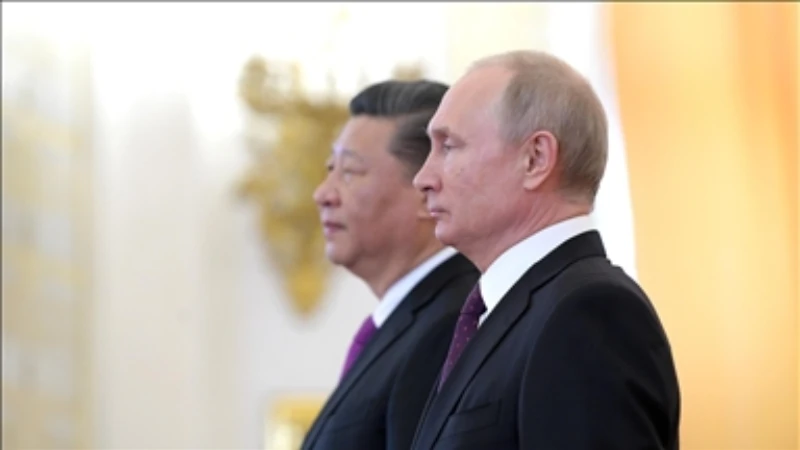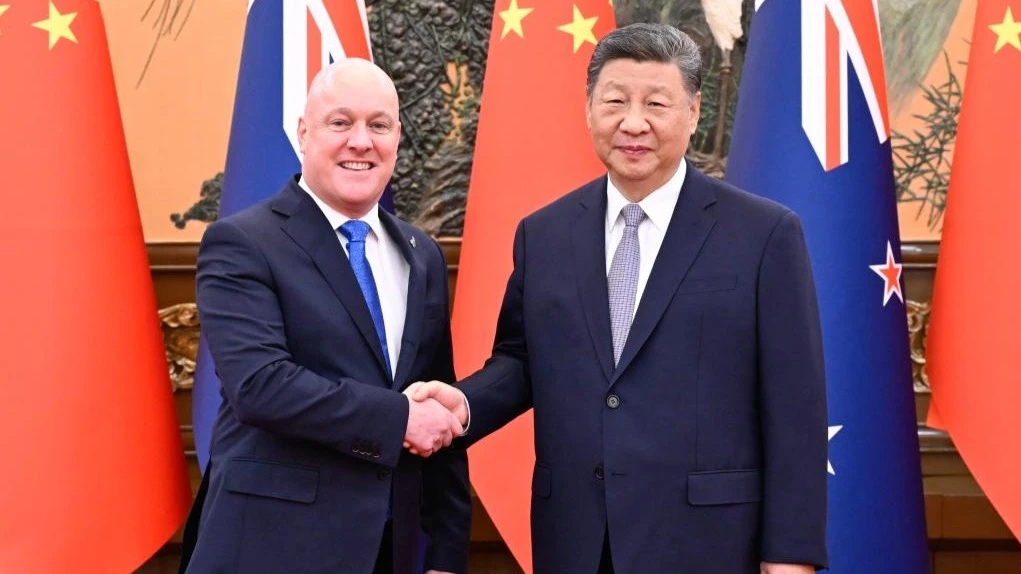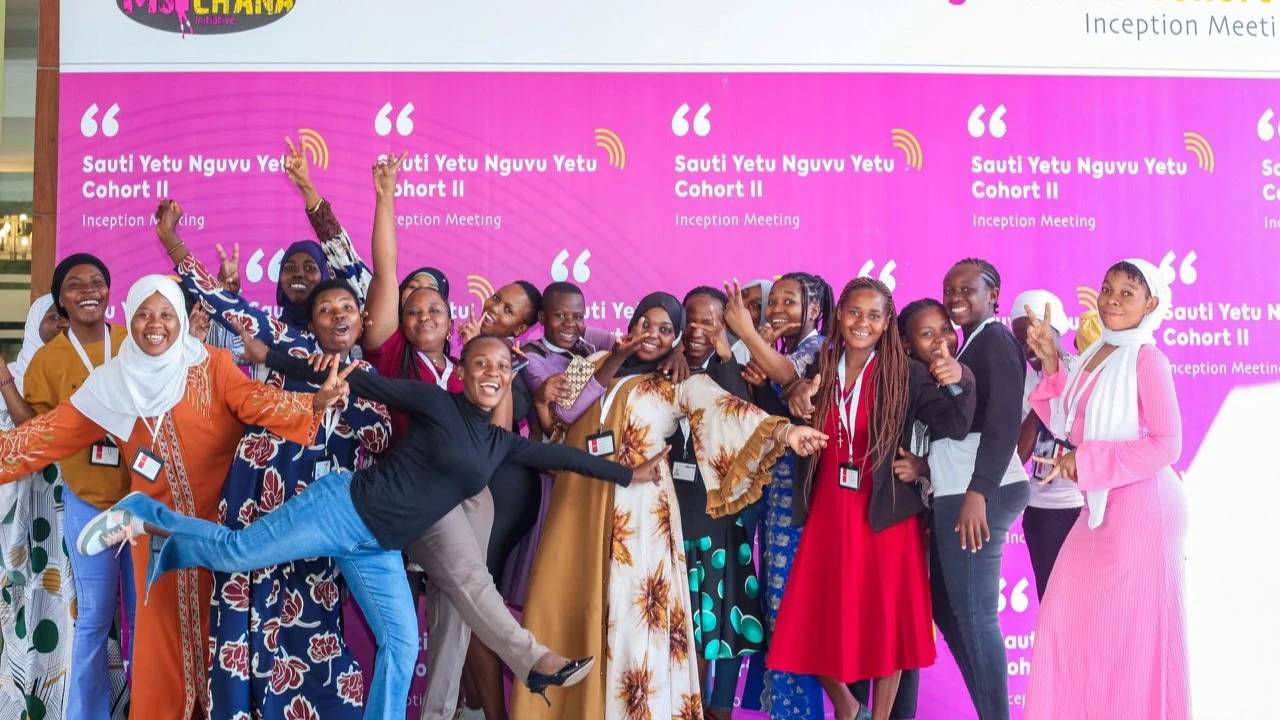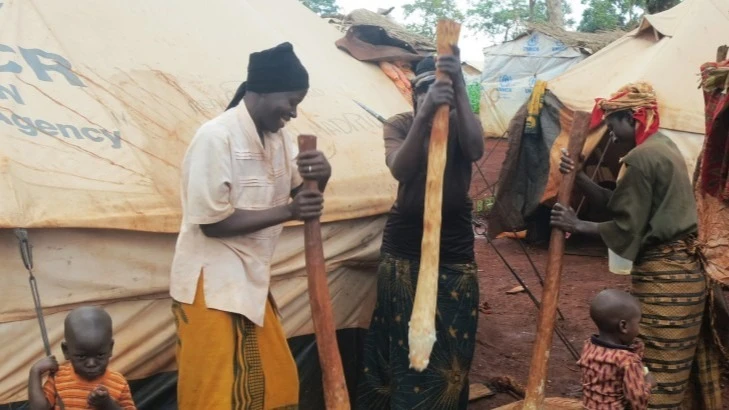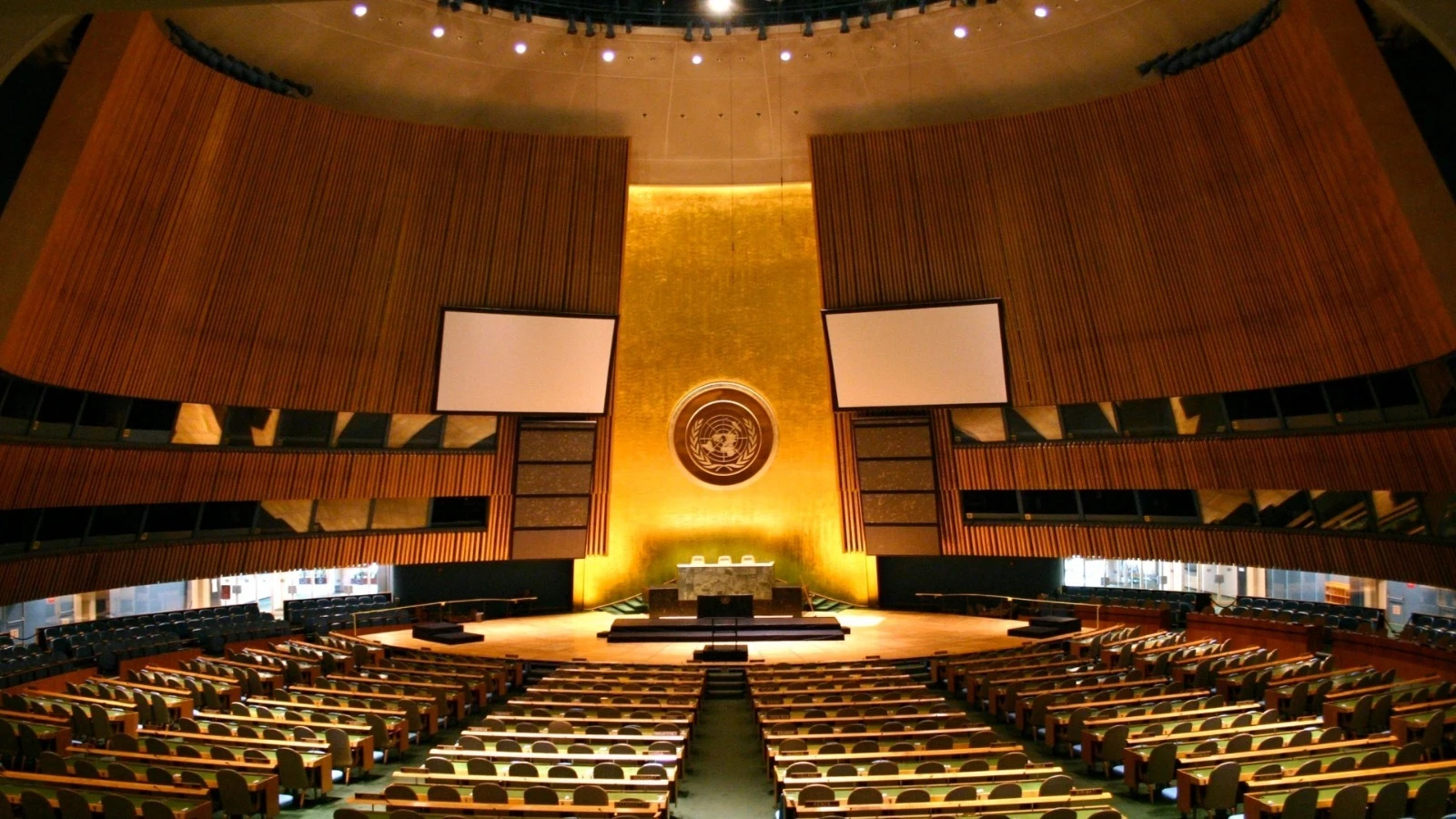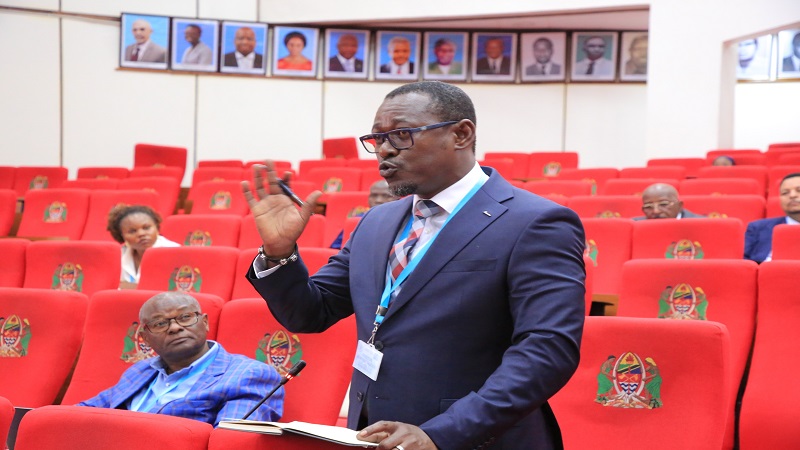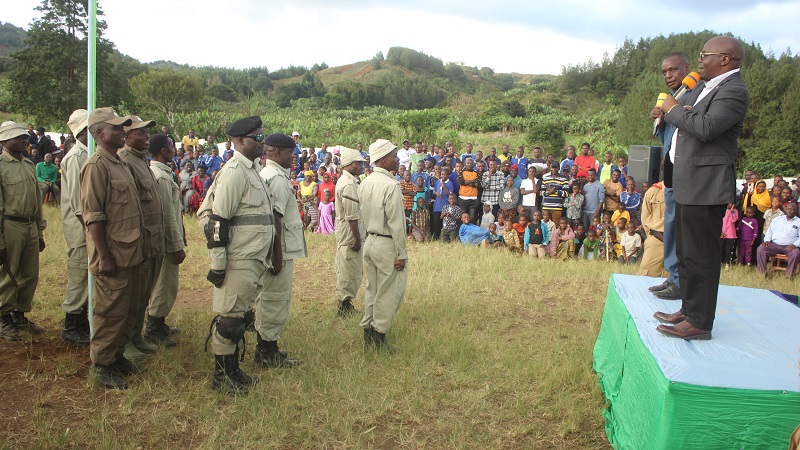Tanzania joins Morocco to sit in expert body for indigenous
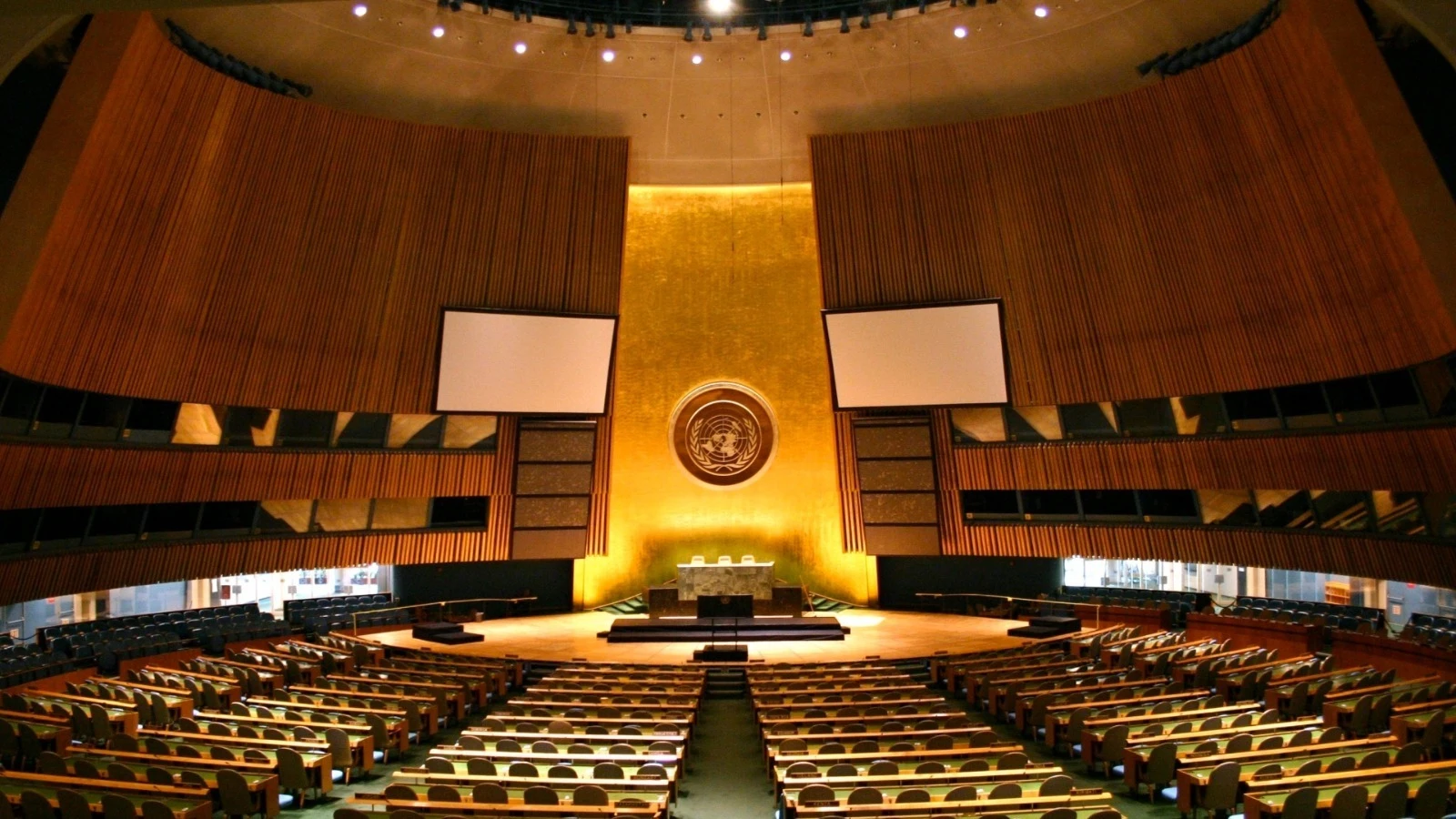
TANZANIA has been granted a seat in the United Nations Permanent Forum on Indigenous Issues, joining Morocco as Africa representative.
Edward Porokwa, the Pastoralists Indigenous Non-Governmental Organizations (PINGOs) forum executive director, said here yesterday that Tanzania has been appointed to the seat for a three-year term, starting January 2026.
Eight country member states were appointed to the permanent forum in accordance with the United Nations resolution on establishment of the forum, entrusting the president of the United Nations Economic and Social Council (ECOSOC) to appoint eight experts nominated by country organisations in that field, he stated.
“Having completed the requisite consultations and considering the backgrounds, experience and expertise of the candidates, the president appointed eight experts to the permanent forum for a three-year term beginning 01 January 2026,” the director explained.
Apart from the Moroccan representative, there are others from the Arctic region, where Canada was nominated, with the Asian seat going to the Philippines. Central and South America as well as the Caribbean will be represented by Ecuador, he said.
Russia was picked to represent Eastern Europe, Central Asia and Transcaucasia, while New Zealand was appointed to the Pacific region seat, he said, underlining that all the candidates were nominated in accordance with established practice.
These eight members will be officially inducted at the next formal meeting of the council, a consultative body under ECOSOC jurisdiction, with a mandate to provide advice on indigenous issues to ECOSOC and the United Nations General Assembly, and at times the UN Security Council.
It advises UN agencies, funds and works on programmes to raise awareness on indigenous peoples’ issues; promoting integration and coordination of activities relating to indigenous peoples’ issues within the UN system.
One pivotal function is to promote respect for and full application of provisions of the United Nations Declaration on the Rights of Indigenous Peoples and follow up on its effectiveness, the director asserted.
Based in Arusha, the PINGOs executive is a tireless advocate with over two decades of experience in advancing the rights of indigenous peoples, and has been at the forefront of championing land rights, cultural preservation and policy reforms that focus on indigenous knowledge and leadership. “Africa has been given special consideration by being granted two seats, while other regions have one seat each,” he pointed out.
When it comes to indigenous people, all they want is recognition of their rights and respect for their ancestral land and traditions, he added.
Top Headlines
© 2025 IPPMEDIA.COM. ALL RIGHTS RESERVED








